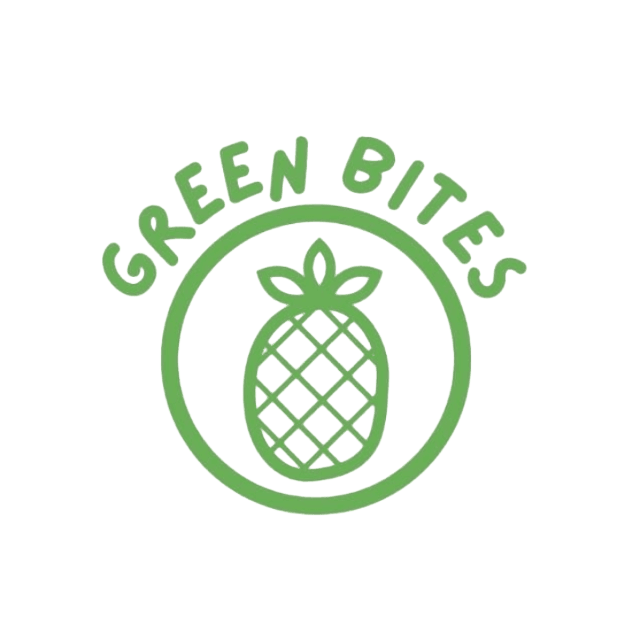Our Connection to Pets | maybe we really do speak the same language

17 November 2025
We euthanized my cat, Ace, last week - my youngest cat, our second rescue, with his beautiful white coat and a tan heart on his back. In his short time with us, he embedded himself into our hearts in a way we could have never predicted. He didn’t have a voice (couldn’t even meow), but he communicated his love in ways I can’t exactly explain.
The day Dr. Lisa Walling came to our house to bring him peace (we couldn’t bear the thought of dragging him to the vet one more time) was the same day as my kick-off event for Building Healthy Communities Westchester at the Mount Kisco Library. Cancellation was not an option, and yet, I felt increasingly motivated to get going with our mission.
I’ve always thought about plant-based eating as mainly something we do for the planet, with the added bonus of its [significant, beneficial] health effects. I don’t often think about the humane angle (or maybe I subconsciously don’t want to). Most of us remain blissfully disconnected from the animals that are food. But what’s so different about them, as compared to our beloved pets? Sure, we feel a deeper connection with our four-legged family members, but isn’t that just because we got a chance to know them?
Meanwhile, according to the Sentience Institute, 99% of farmed animals are living in factory farms - including 74.9% of cows, 98.6% of pigs, 99.8% of turkeys, 98.3% of chickens raised for eggs, and over 99.9% of chickens raised for meat. This method of farming aims to maximize production and minimize costs, often at the expense of animal welfare. We don’t get to know them; they don’t even get to know their own natural behaviors.
The factory farm system is necessitated by our high level of meat consumption. In 2022, there were over 10 billion animals in US factory farms. There is simply not enough land to support a “free range” or “pasture raised” system at this volume.
Thanks to a persistent, animal-loving younger son, I used to have backyard chickens. Someone once asked me, “how can you eat chicken (which I did, at the time) when you keep them as pets?” For some reason, I was able to separate those [free range, of course] consumable chickens from my chickens, who wandered around happily and generously provided delicious eggs.
Losing Ace, along with five years of additional research, plant based eating experience, and an expanded awareness of animal sentience, has led me to re-examine my values and habits. I’m certainly not here to tell you not to eat meat - although even small shifts in consumption patterns may help reduce the burden on poor animal welfare.
But I strongly encourage you to learn more about factory farming.
To become part of the inclusive BHC Westchester community - where we uplift each other and exchange practical plant-based tips and recipes - just reach out.
Contact Green Bites
Let's Talk
I'll get back to you soon to discuss your needs.
